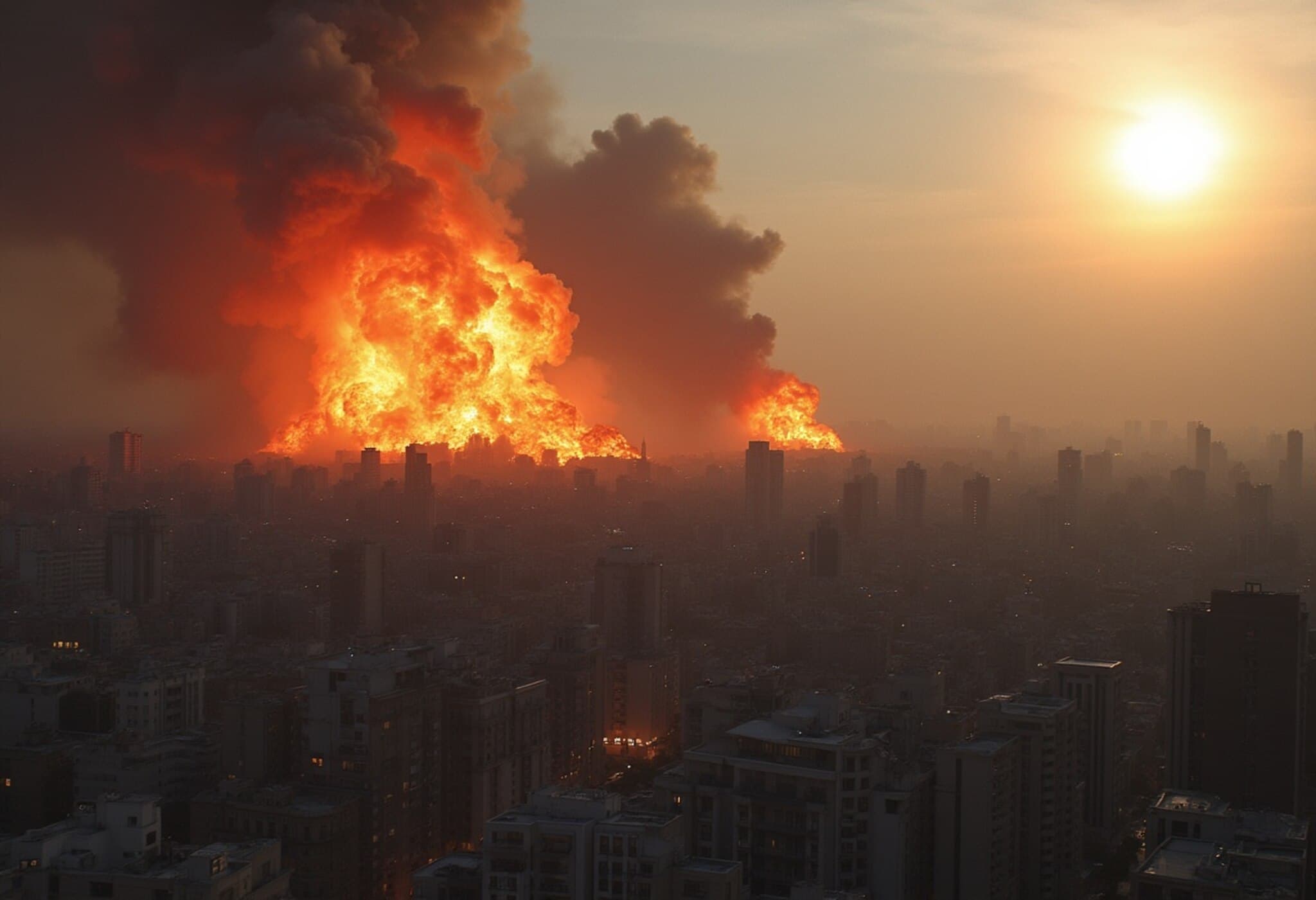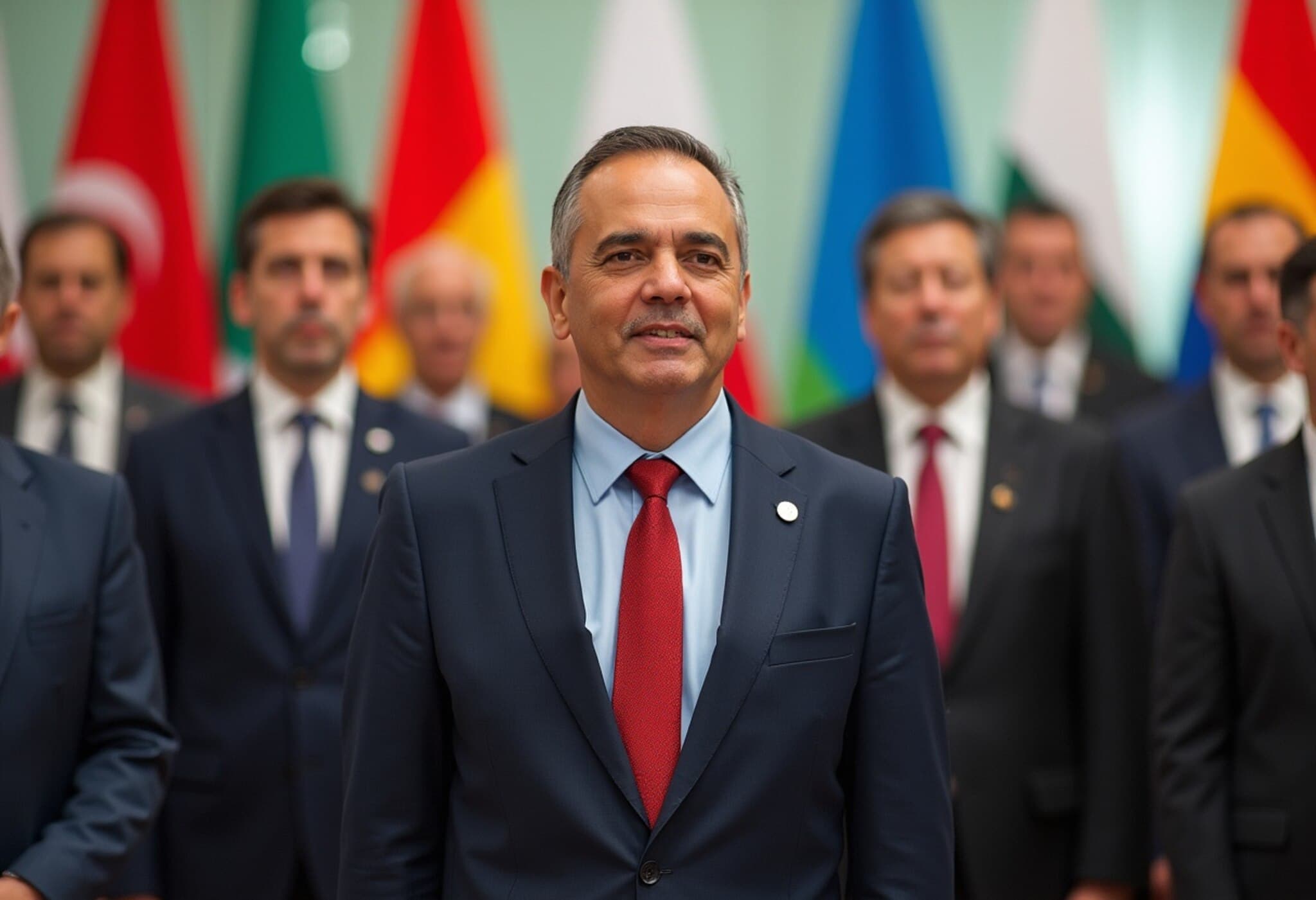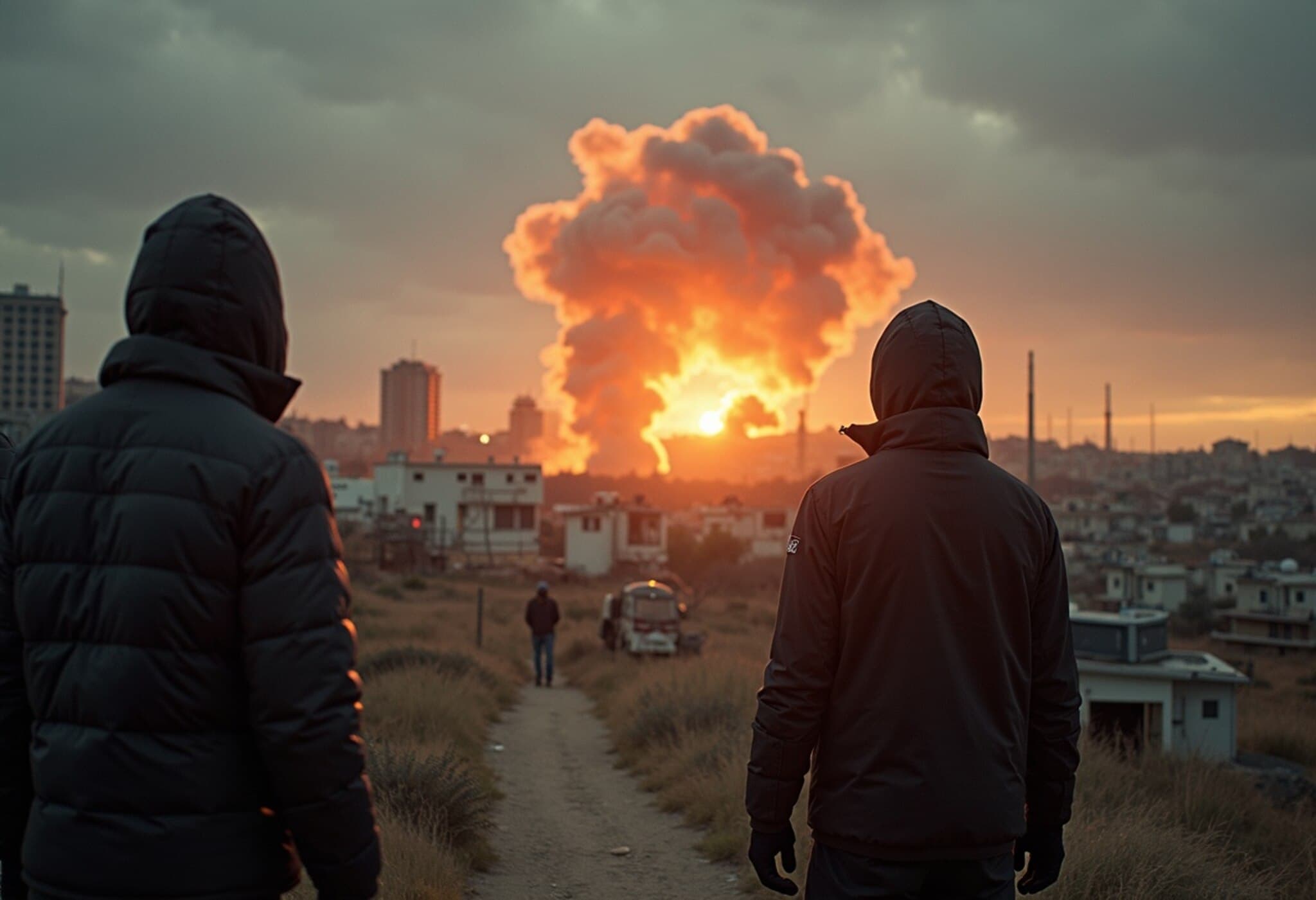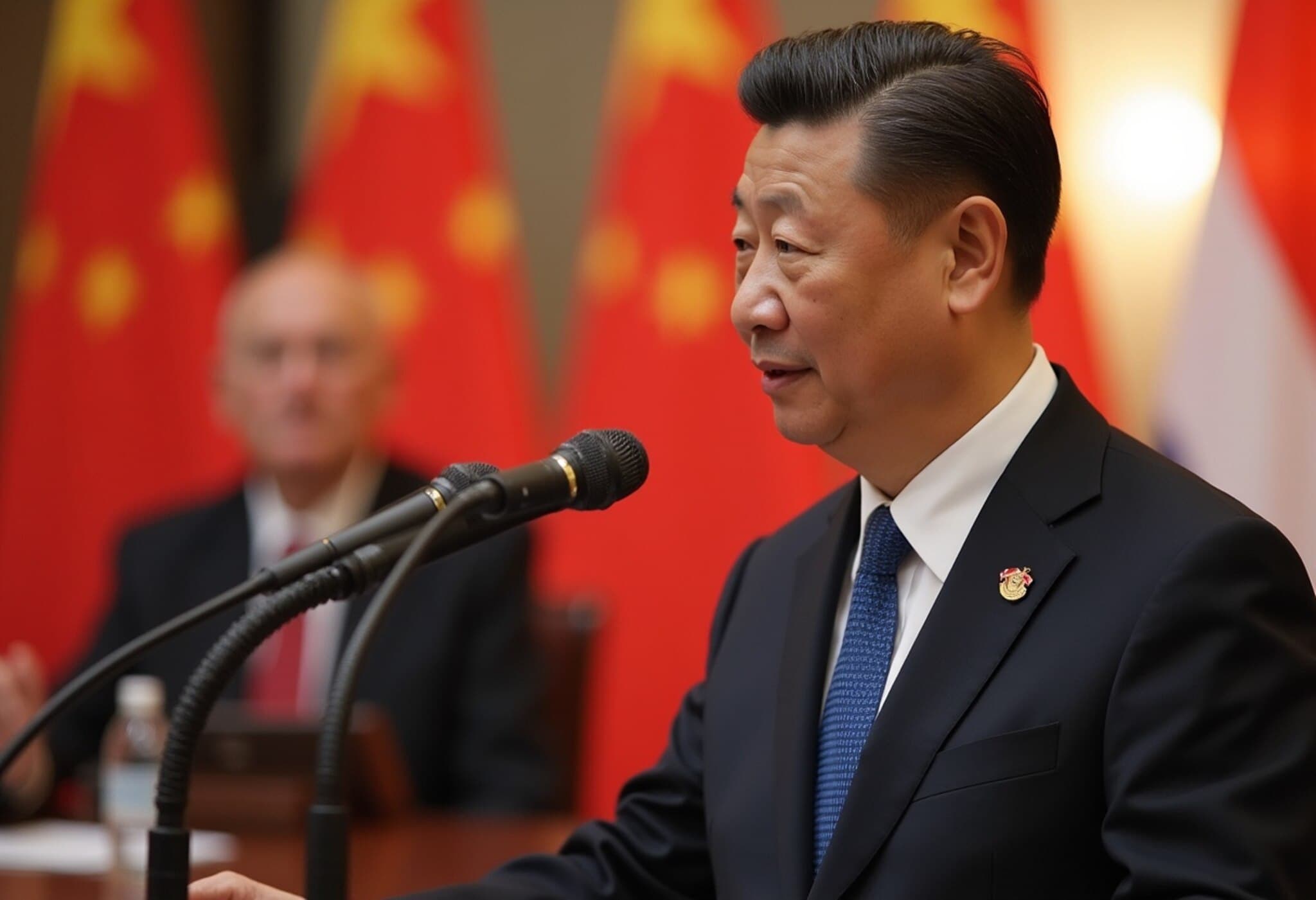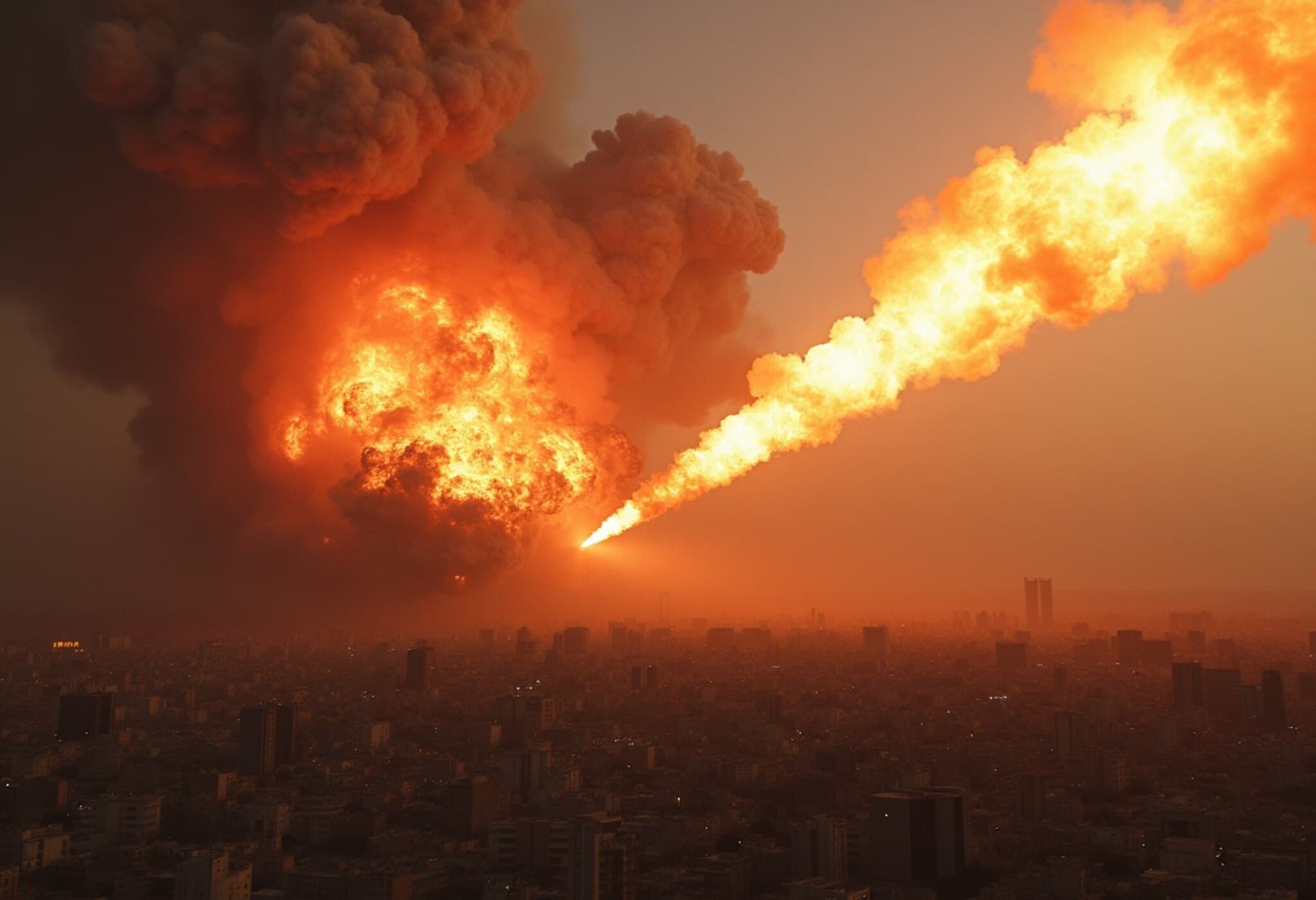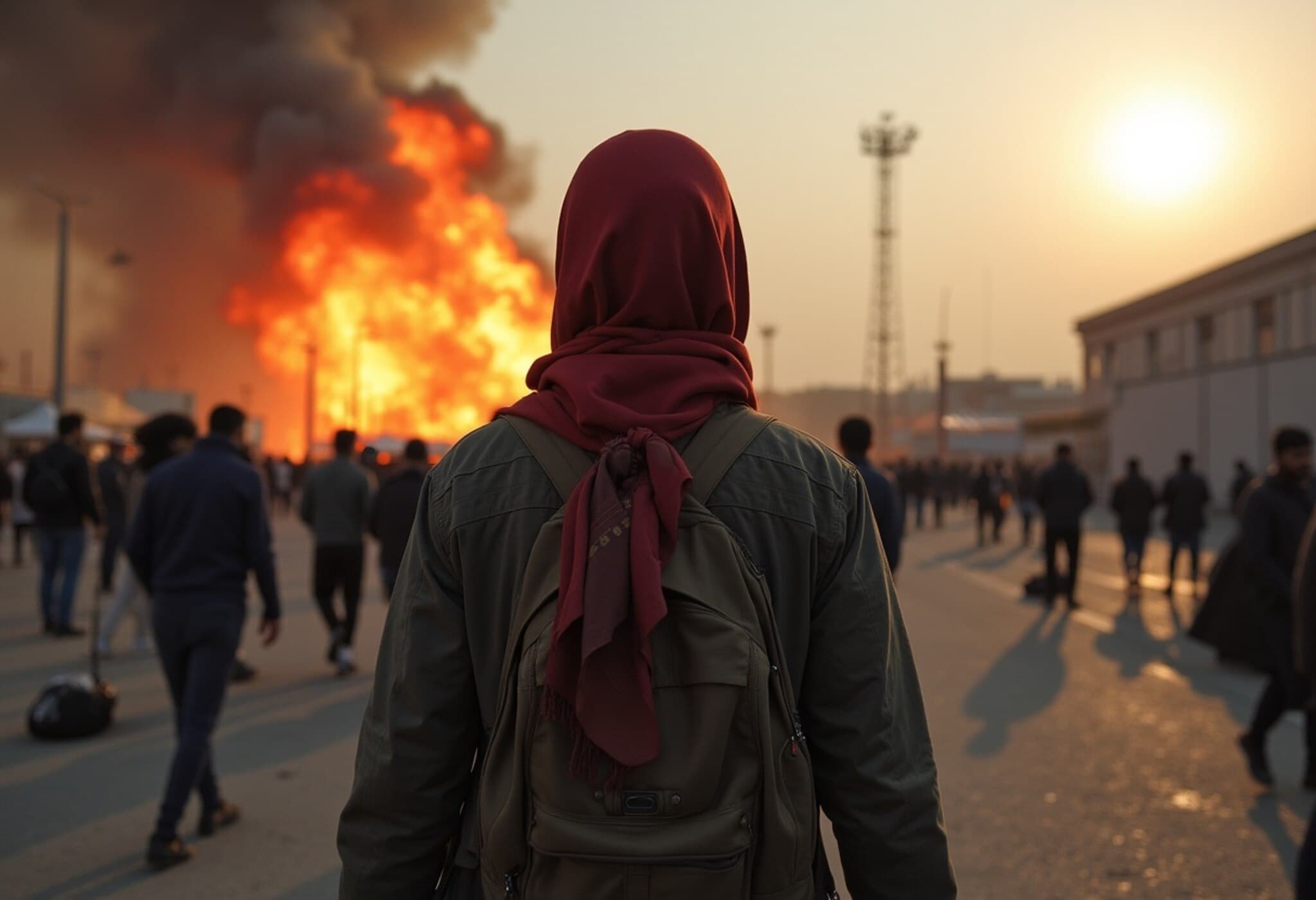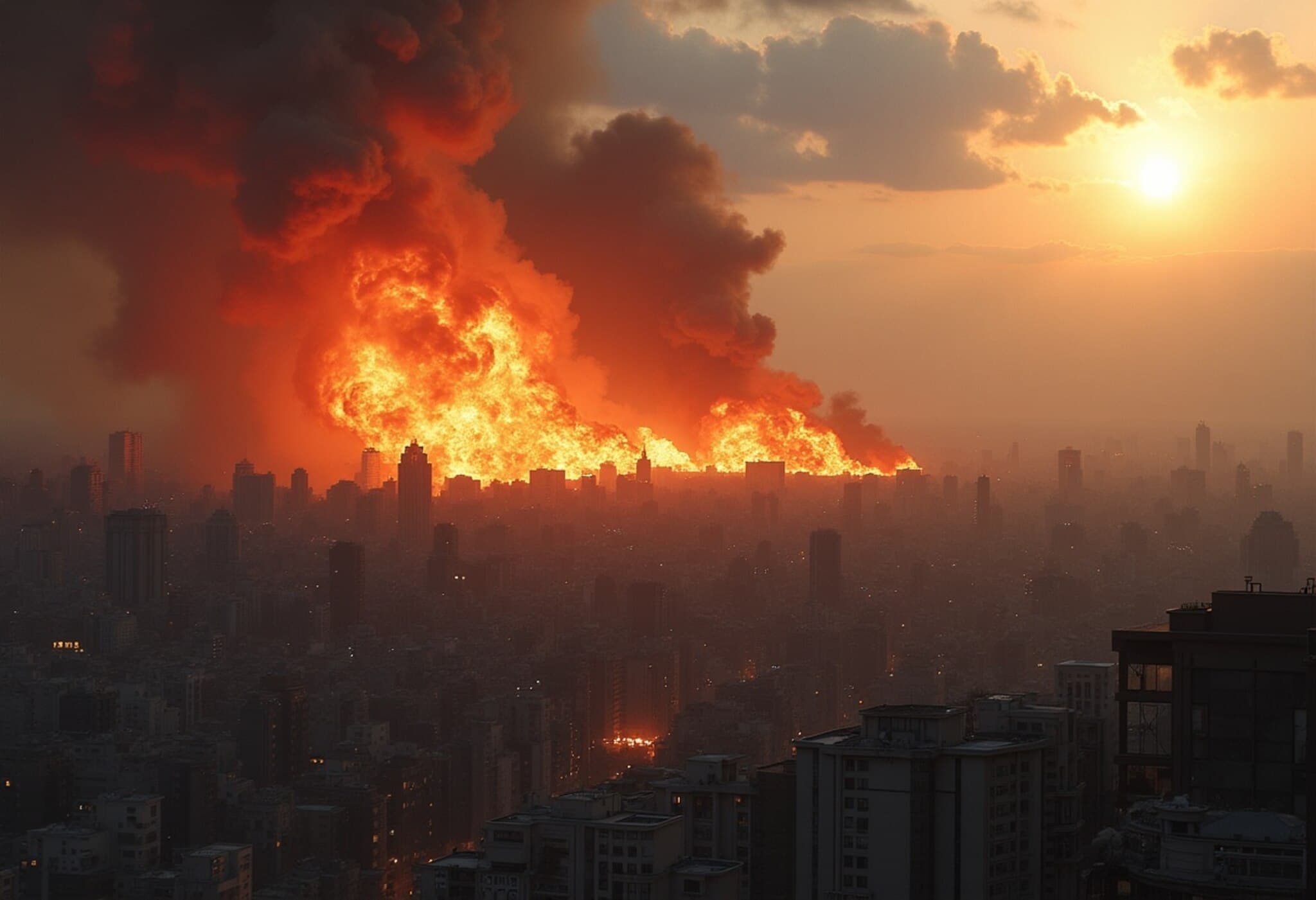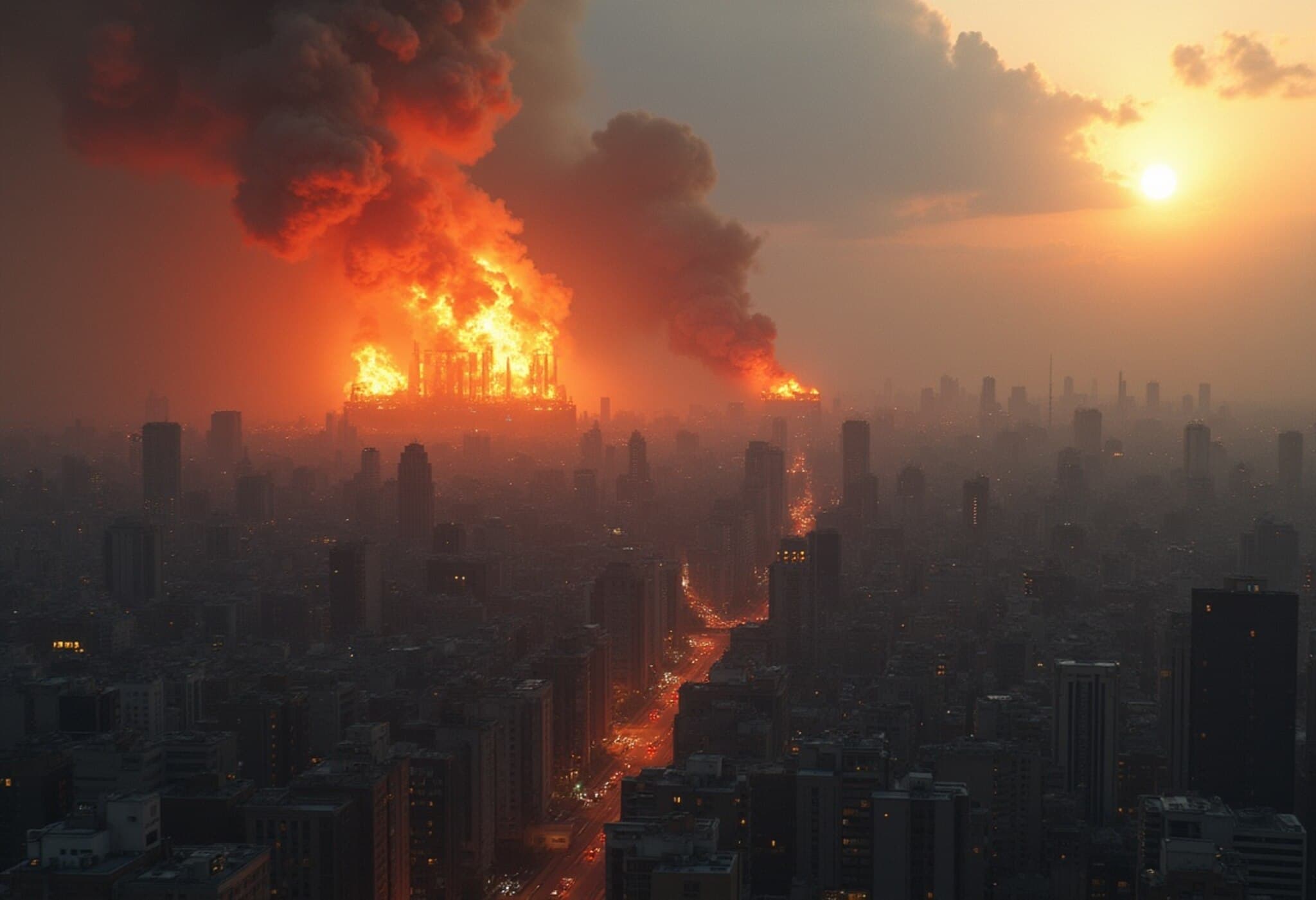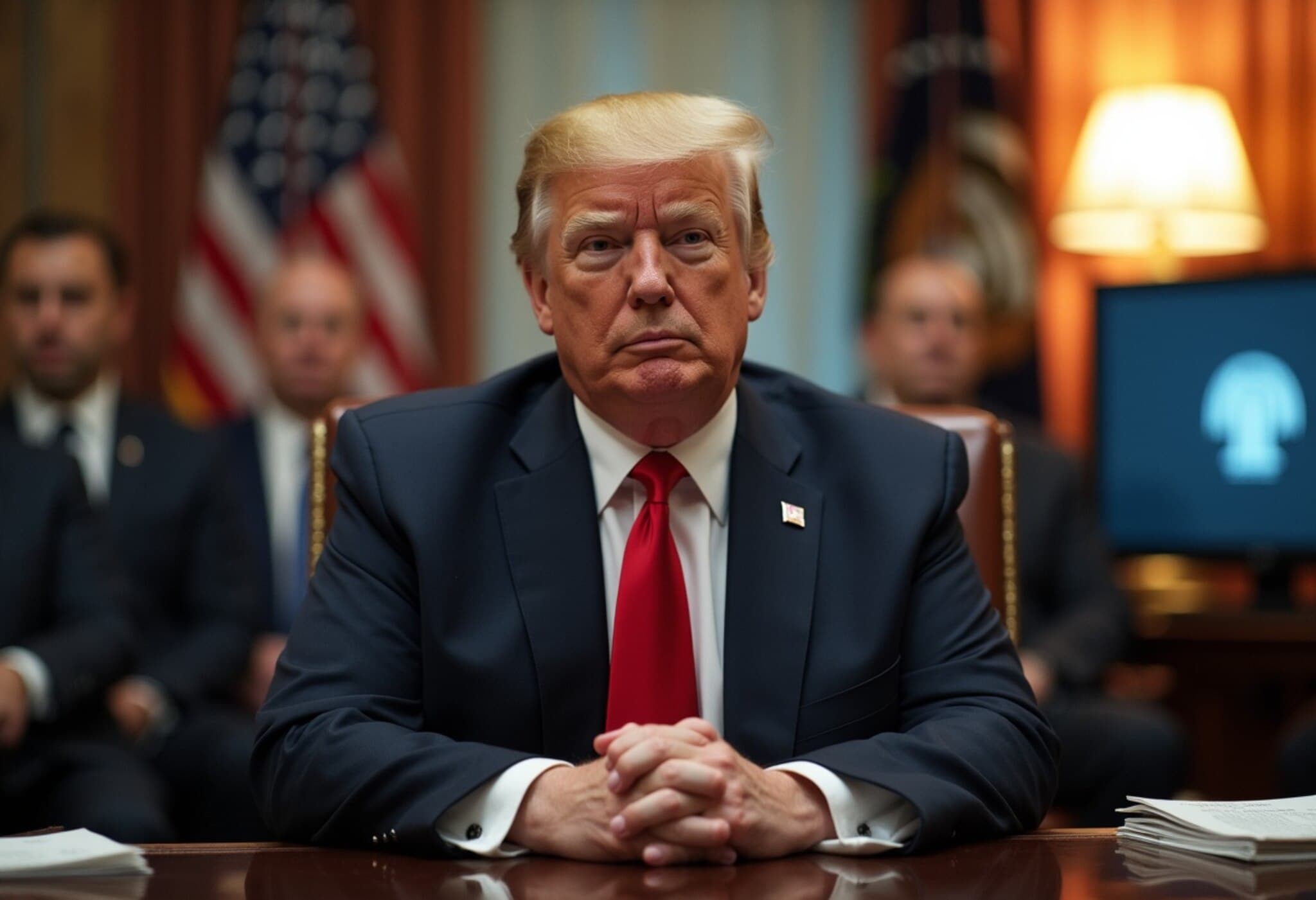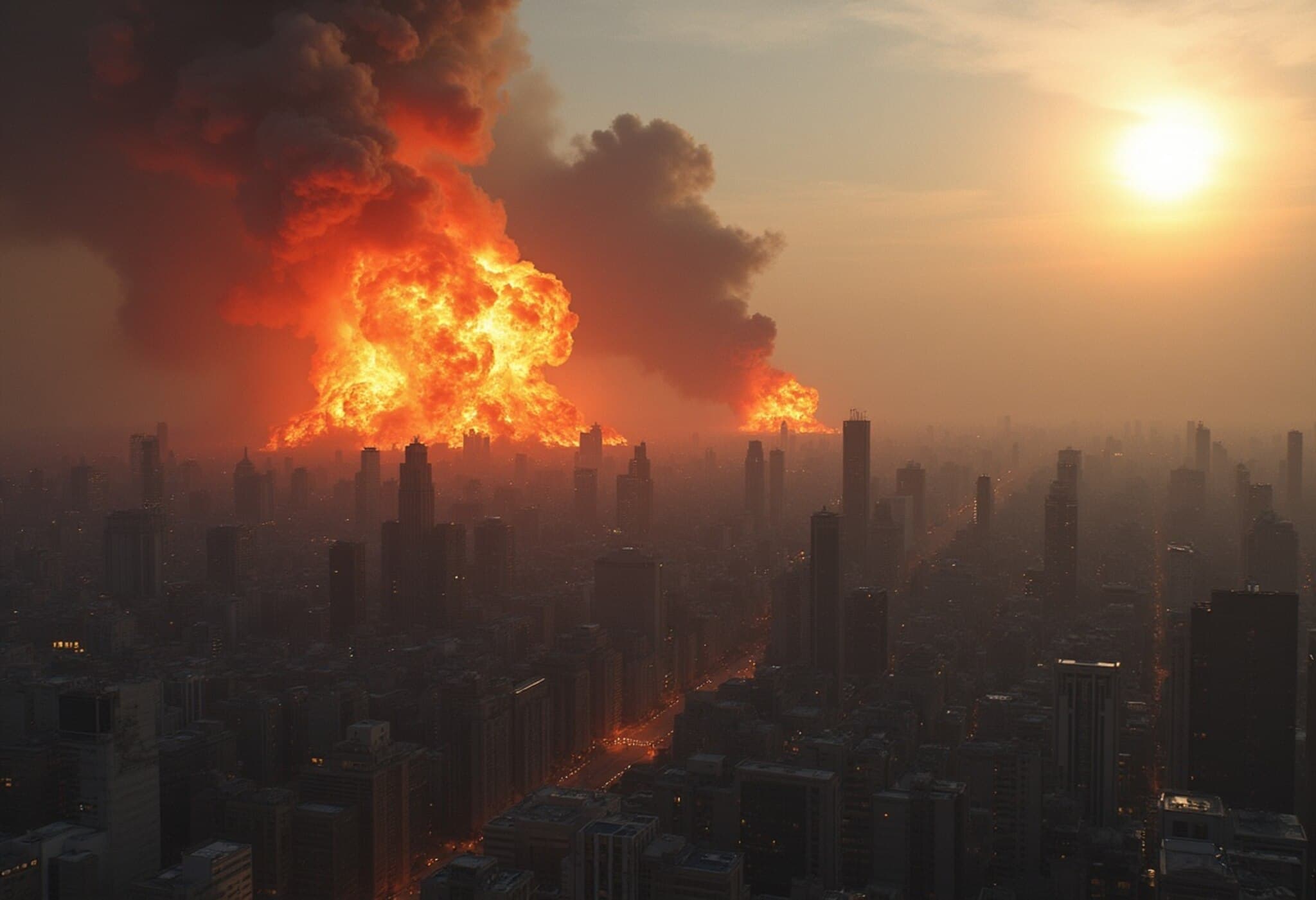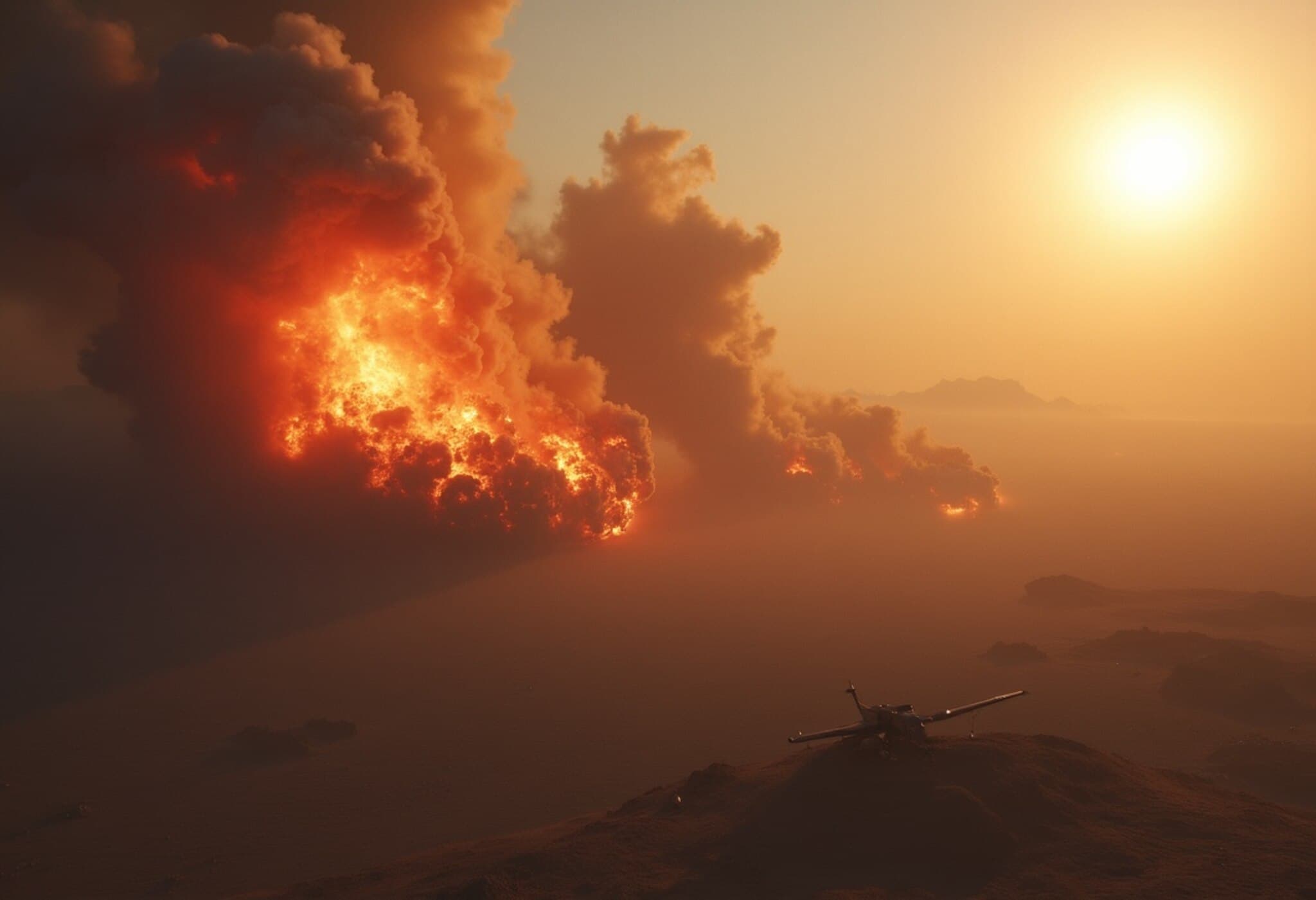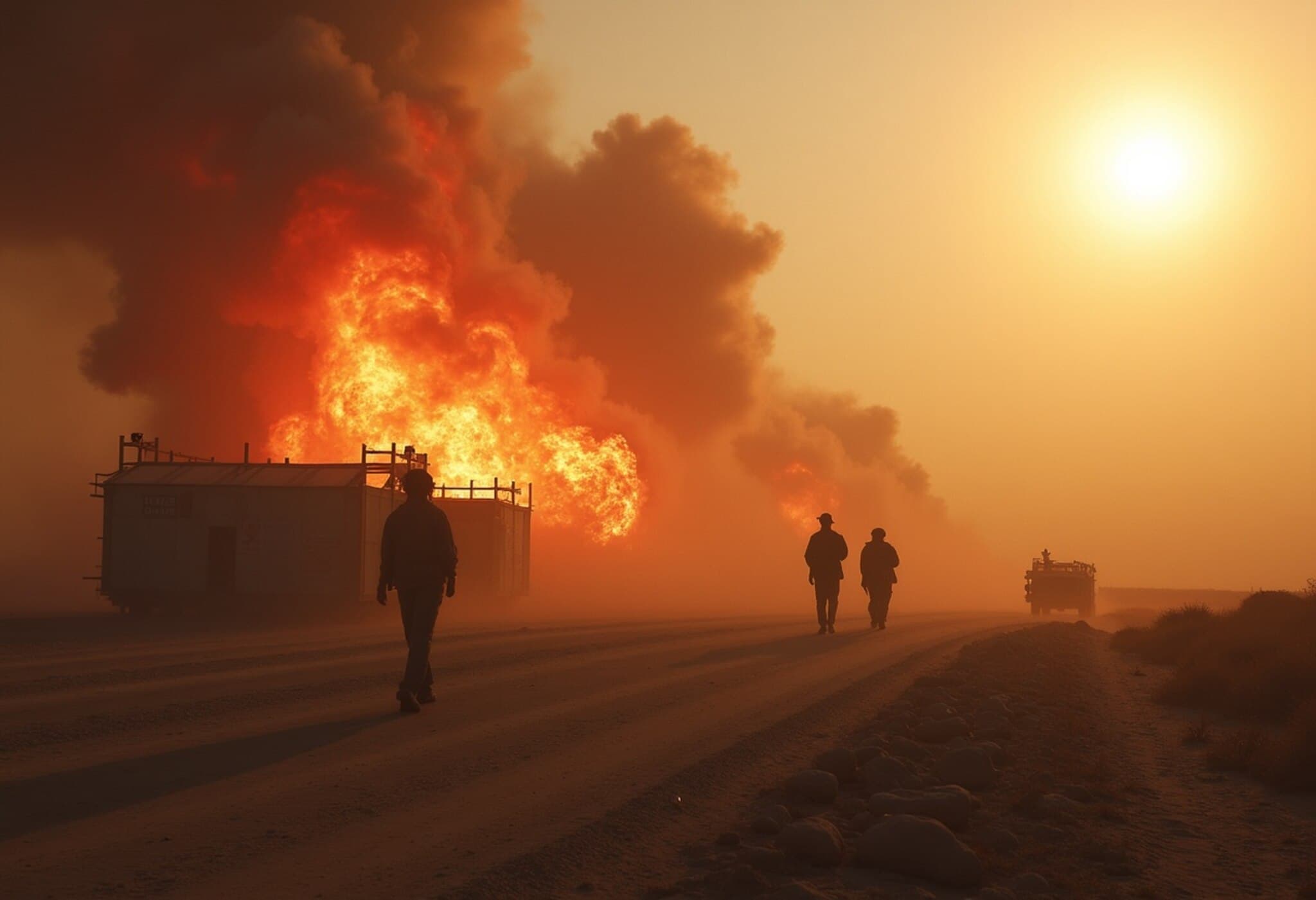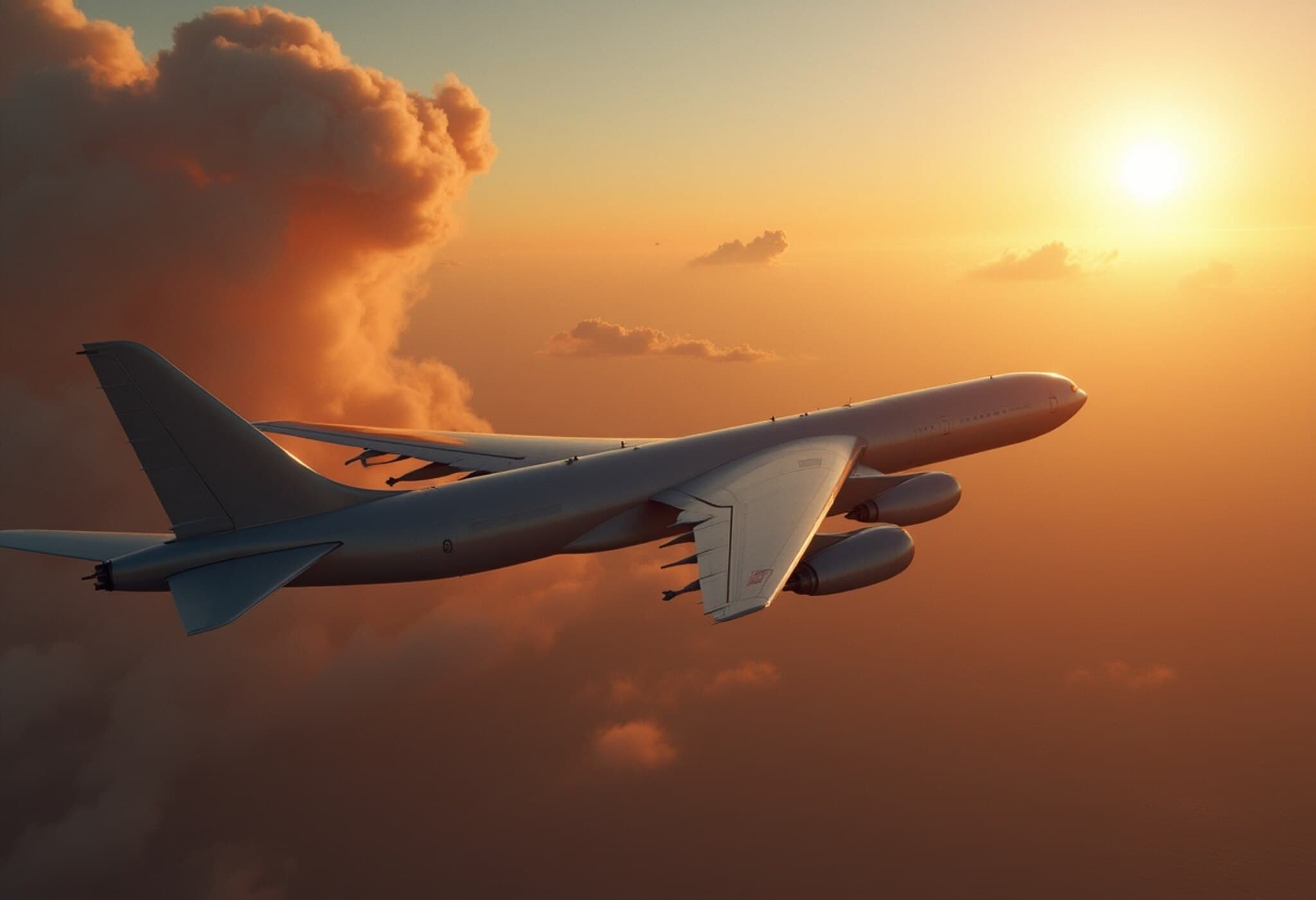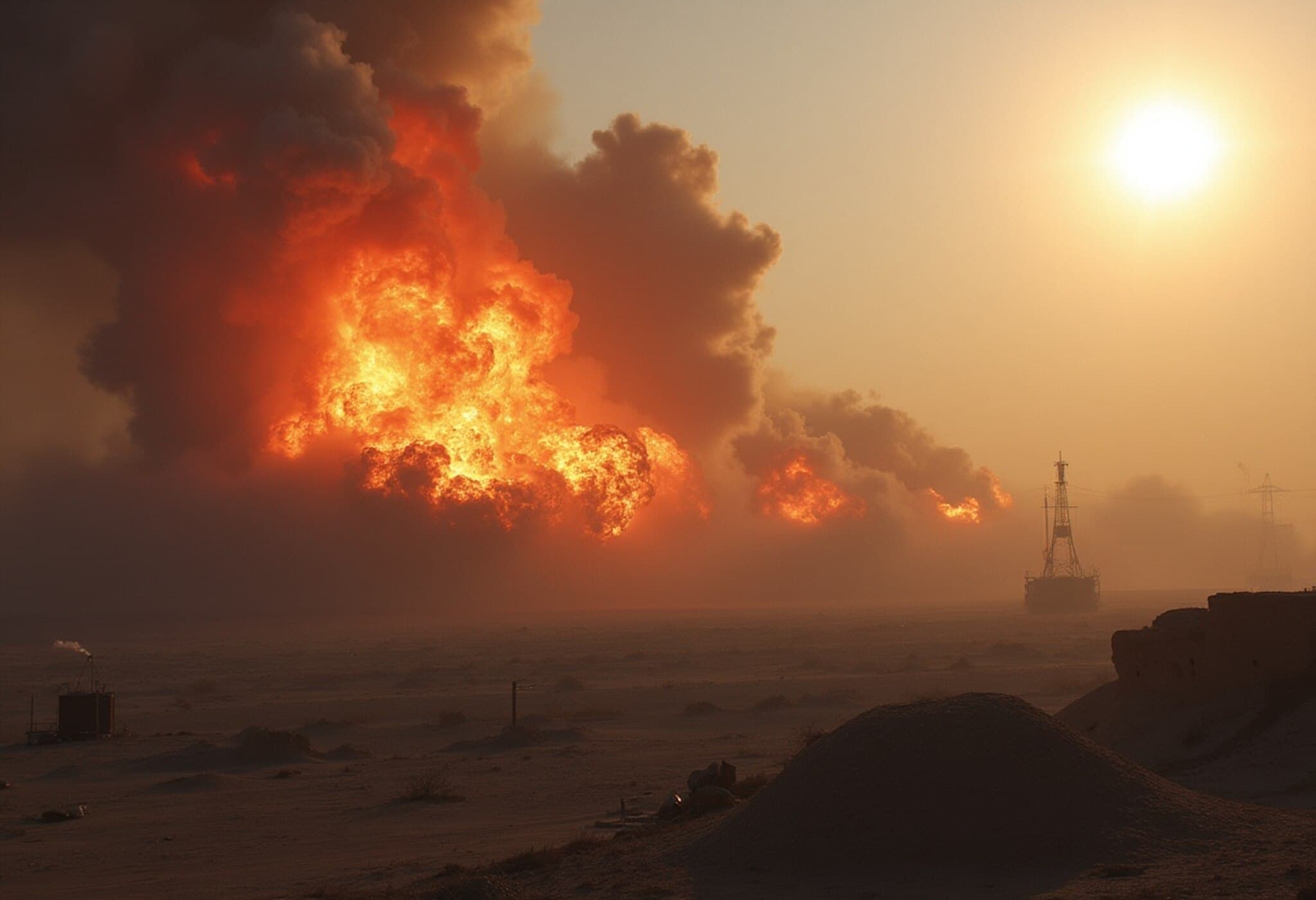US Airstrikes on Iranian Nuclear Facilities Spark International Outcry
The United States launched targeted airstrikes on three key Iranian nuclear sites—Fordow, Natanz, and Isfahan—escalating tensions across the globe. Confirmed by US President Donald Trump, the military operation aimed to dismantle Iran’s nuclear enrichment capabilities and curb what he called a significant nuclear threat. The strikes involved stealth bombers and precision-guided munitions, marking a direct US military engagement against Iran.
World Leaders Voice Diverse Responses
Israel Applauds Operation Coordinated with US
Israel’s Prime Minister hailed the strikes as a historic move carried out in close collaboration with American forces. He praised the President’s decisive action, stating it effectively denies the "world’s most dangerous regime" access to nuclear weapons. The Israeli leadership emphasized the significance of this joint effort in reshaping regional security dynamics.
Iran Warns of ‘Everlasting Consequences’
On the other side, Iran’s Foreign Minister condemned the attacks vehemently, warning of enduring repercussions. Tehran has signaled its readiness to consider all possible retaliatory measures, intensifying fears of further conflict escalation.
United Nations Calls for Restraint and Diplomacy
The UN Secretary-General expressed deep concern over the strikes, highlighting the peril of worsening instability in an already volatile region. He urged all parties to reject military solutions and pursue diplomatic channels to secure lasting peace.
Calls for De-escalation from Oceania
- New Zealand emphasized the critical need to avoid further escalation, advocating a return to diplomatic negotiations as the path to sustainable peace.
- Australia echoed concerns over heightened volatility, urging all sides to engage in dialogue to defuse tensions.
Latin American Nations Condemn Strikes and Push for Peace
- Venezuela categorically rejected the US-led bombings, denouncing the military actions as illegitimate and provocative.
- Mexico called urgently for diplomatic dialogue to resolve hostilities and restore harmony in the Middle East.
- Cuba strongly condemned the bombings, framing them as a breach of international law and a dangerous escalation that threatens global stability.
The Bigger Picture: A Fragile Middle East at Crossroads
The recent US strikes have unleashed a wave of international reactions that underscore the precariousness of Middle Eastern geopolitics. While some allies applaud decisive action against Iran’s nuclear ambitions, others warn that military intervention risks spiraling into broader conflict. The voices calling for diplomacy and restraint are prominent, reflecting widespread concern that peaceful solutions remain the only viable option to prevent further devastation.
As the situation unfolds, the global community watches closely, weighing the balance between containment and confrontation.

